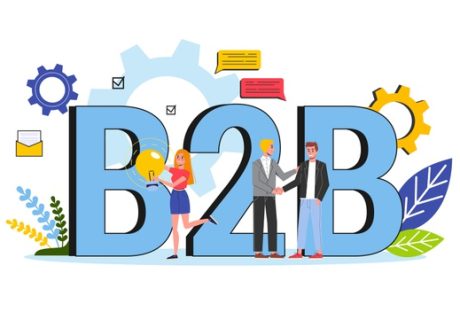As an entrepreneur, you should not expect the world to be straightforward rather it’s full of ups and downs. There are hurdles and the magnitude depends on how you approach them – if you are smart and experienced you can handle the issues carefully and skilfully. Many a time the experiences come after being in the process and it could take time. To save you from that here are six bits of advice that will help in your new entrepreneurship.
Have a Business Plan:
How will your business serve a specific purpose and what sort of market opportunity it presents! What are the alternative strategies and action plans, what are your exit plans – whether you want to sell the business after a certain time or achievement? The marketing policy, advertising plan, market forecasts – all these factors should be planned well before you start your business and all these in a single portfolio would consist of your smart business plan. Don’t underestimate it even if you are not forced to the formal paperwork for securing a loan or funding.
Never Live in the Past:
Remember customer demand and the marketplace are not static entities rather they shift constantly. So, your business plan has to be prospect oriented, adaptable and lively. What you have to do today is not what you had done last year. So, don’t get stuck in the past. Research and follow the market landscape, its flux, maneuver your strategies and approaches based on the current demand. This is true for any new business as well as for the old entrepreneurs too.
Never Hire Your Friends:
You may tend to form quick relationships and are very good at making new friends. Socially, that is very appreciative, however, that could become the main drawback for your business to fail too. Trust in people is good but there has to be very strict regulation to uphold that trust. Hiring friends or making the employee a close friend would mean a reluctance towards that particular serviceman and that could hamper the service. If the employee is not doing fine for your start-up, you have to put the feeling aside and look for someone who is better suited.
Never Jump In Without The Planning:
Planning is a must at the beginning as well as for every new step and initiative you will be taking to expand or explore different options for your business. In the middle of ever-growing new ideas, you can’t just lose control due to the enthusiasm and excitement, and jump into something. You can’t lose the focus and at the same time moving forward is not easy. Every new initiative must be well assessed for how it fits your goals and objectives, what are the impediments involved and what the outcomes are. You must be a strong planner.
Don’t Trap Yourself in Discounts:
In order to win the market, new start-up companies may fall under pressure to heavily discount their products and services. It’s true that customer attraction is vital for any new business, however such low prices that can’t be sustained in the long run might eventually result in the opposite. Remember, high-level discounts are not the only way to attract customers, also you can smartly raise some prices for certain products and services without breaking apart with the buyers. Focus on raising the value of the products to the customer in the long run rather than just making large discounts.
Never Feel Shy to Fail:
It is inevitably true that human endeavors are error-prone and you are also a human too. So, mistakes and failures are not impossible. If you are there to be successful, you have to experience the pit of failures too. If you fear to be failed, you might be pushing away your success on the other hand. Entrepreneurship is exciting, but your readiness to accommodate any failure will strongly minimize the damages. You may have had some faults and leaks in your previous plan, and as soon as you fail – you notice that and mark it with a red dot. Stress or panic can’t be the result of the failure, rather you have to go for your restart with the amendments. So, sooner you fail, better you discover your path to success.
Conclusion:
If you are planning to form an LLC, you need to know how to get LLC. In some US states, the process can be difficult if you are not well-informed of the procedures. Getting a tax ID is another important thing for your business. The good news is that you can apply for EIN these days online. So, keep the above-mentioned tips in mind when you start a new business.
Read More:






















